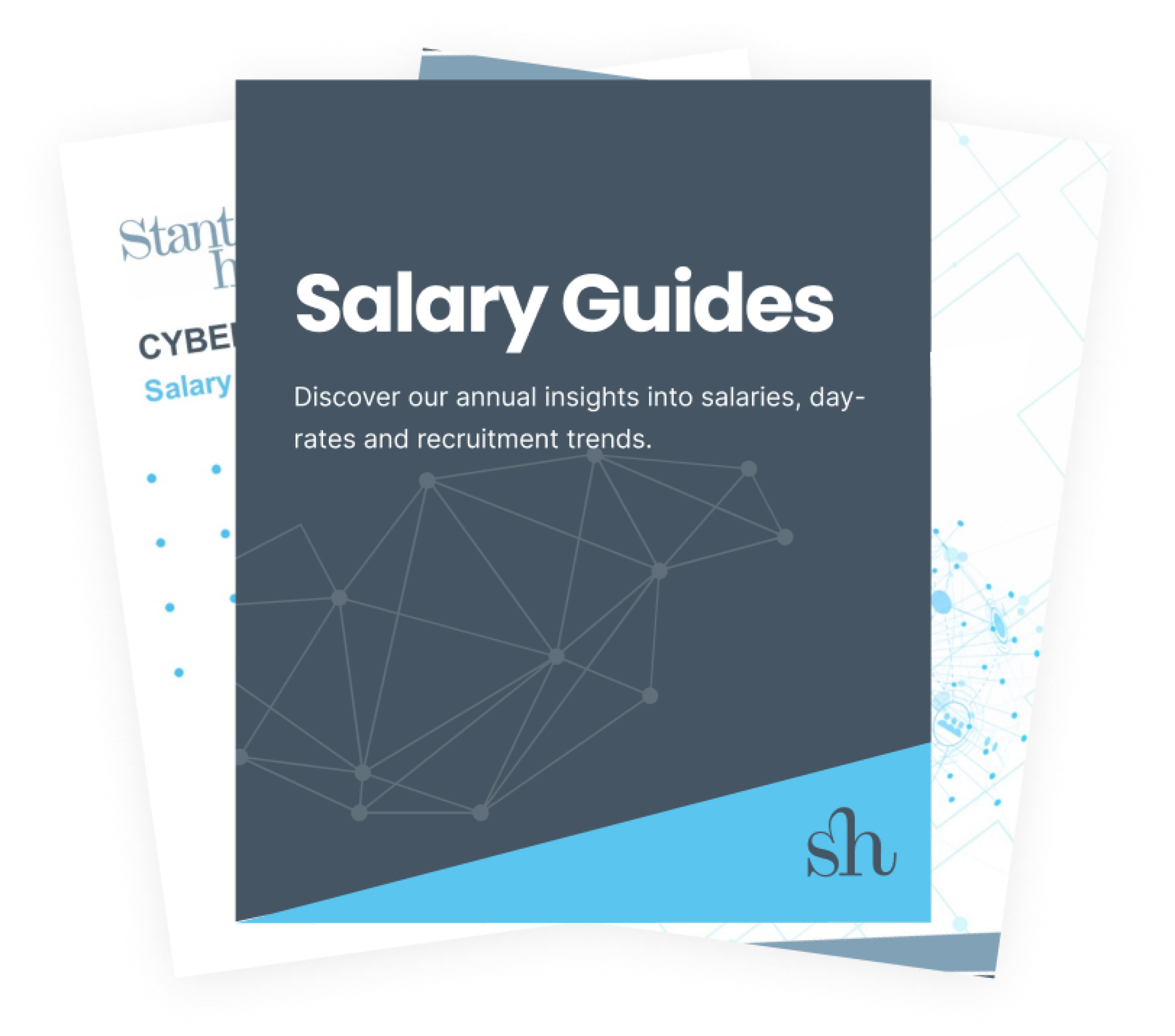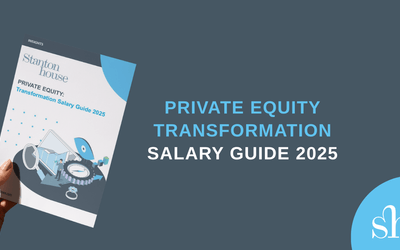
Women in Business Series: Family Planning
Going off on maternity leave? Reflections from my experience, and your entitlements.
Whether you’re thinking about having kids soon, are currently pregnant or don’t know if you want kids at all, the logistics and entitlements surrounding maternity leave have probably crossed your mind at some point. It’s not enough that women must navigate glass ceilings and gender biases whilst at work, but also have the added stress of thinking about the logistics of being a working mum, all whilst trying to handle your day job. My god, it’s exhausting.
A few weeks ago, I was part of hosting our Women in Business Forum at Stanton House and the topic was "Family Planning". We had a panel interview to cover questions such as "What goes through your mind when you think about sharing your pregnancy news with work?", "What's it like to be out of the business for a year?" and from a management perspective "What goes through your mind when one of your employees tells you she is pregnant?". The forum got me reflecting on my own experience of the build-up to my own maternity leave how daunting it was. Your mind is foggy, your memory is mush, you feel anxious, you are most likely sleep deprived, you must attend doctors' appointments and remember to text your mum back to tell her you don’t need another pram, you’re 10 pounds heavier all whilst trying to juggle work. It is relentless and it is hard. Even as women we still won't admit that out loud, because we can do it all right?
Well, the fact of the matter is, alongside all the new things you’ve got going on, it can also be an absolute minefield to navigate your entitlements and rights when you do finally take that time off to be with your new-born baby. I’ve broken down your basic rights down below, this is the bare minimum that you will be entitled to by UK law, however, be aware that some organisations will offer more than the bare minimum so if you are in any doubt, please do reach out to your HR managers.
Employee Rights – Maternity · You have the right to up to 52 weeks' maternity leave if you're having a baby and are legally classed as an employee. You have this right from your first day of starting a job. · After the first compulsory 2 or 4 weeks, how many of the 52 weeks you take is up to you.
- You are not obligated to tell your employer that you are pregnant as soon as you know. However, you must tell your employer about the pregnancy at least 15 weeks before the beginning of the week the baby is due. If this is not possible (for example because you did not know you were pregnant) the employer must be told as soon as possible.
- The earliest date you can begin your maternity leave is 11 weeks before your expected week of childbirth (EWC)
- You have the right to take paid time off during working hours to receive antenatal care (scans, pregnancy classes etc) · You are entitled to maternity pay
- You are protected from detriment, unfair treatment or dismissal because of the pregnancy or maternity leave, pregnancy-related illness etc. E.g., not allowing employees to return to work because of breastfeeding, unfair dismissal during pregnancy/maternity. · You’re entitled to up to ten ‘keeping in touch’ (KIT) days during maternity leave without losing any maternity pay if available.
- You accrue any unused AL entitlement during your maternity leave · More info on your rights is available through - ACAS and CIPD
So don’t panic, your employer should explain a lot of this to you, just focus on growing your baby and remember all you must do is tell your employer that you are pregnant up to 15 weeks before your due date or before and your employer can handle the rest. If you have a pregnant woman in your team do your best to offer her support and be empathetic because right now, she probably feels very overwhelmed!
Here is a list of resources that I’ve found helpful in the past:
https://www.johnlewis.com/content/baby-children/baby-checklist
https://www.nhs.uk/pregnancy/finding-out/your-pregnancy-to-do-list/
If you’re interested in learning more about our Stanton House Women in business series, please read our other blogs on the topic here.



















